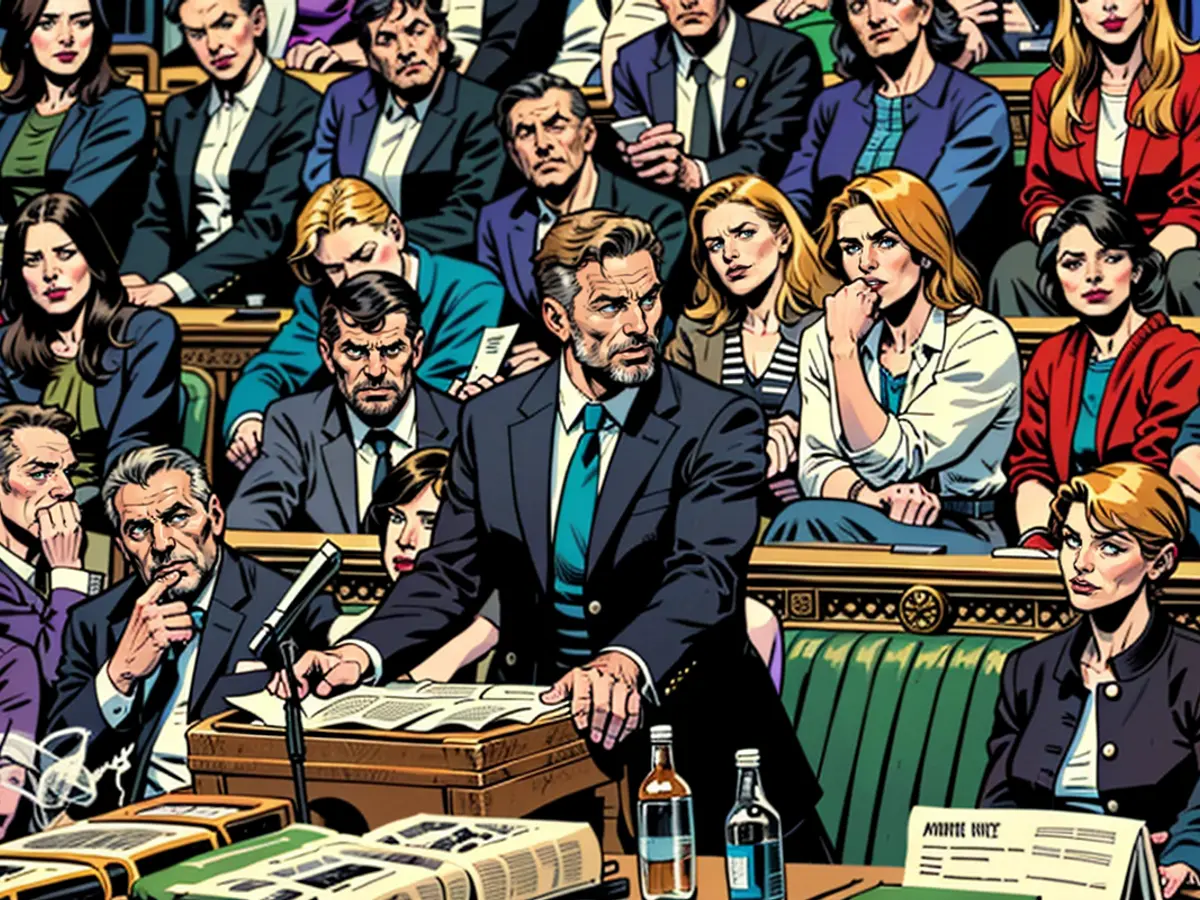British House of Commons convenes for constituent session
Over 400 Labour MPs attempted to secure the coveted seat positions on the government side of Parliament. Many had to settle for standing places instead.
Starmer noted that the new Parliament is "the most diverse Parliament this country has ever seen in terms of ethnic background and gender". According to the House of Commons Library, 263 of the MPs are women. 90 MPs belong to ethnic minorities.
The elected Conservative Prime Minister Rishi Sunak delivered his first speech as Opposition leader, congratulating Starmer on his victory first.
The session began with the unanimous re-election of Lindsay Hoyle as Speaker of the House. After speeches from Starmer, Sunak, and other party leaders, the Parliament was set to begin with the swearing-in of all 650 MPs. Approximately 335 of them are new to Parliament. The swearing-in process could last several days.
The new Parliament will officially open next week Wednesday, when King Charles III traditionally reads out the Government's programme.
Labour won 412 of the 650 seats in the election last week, significantly more than the 326 seats required for an absolute majority in the House of Commons. The elected Conservative Tories managed only 121 seats, recording the worst result in their history.
- Following their impressive victory in the Parliamentary election, the British Labour Party, led by Keir Starmer, will occupy a majority of seats in the House of Commons, with 412 elected representatives.
- Upon the commencement of the new session, the newly elected House of Commons Speaker, Sir Lindsay Hoyle, will preside over the swearing-in of all 650 MPs, including the 335 fresh faces and Labour's House of Commons leader, Keir Starmer.
- In the midst of this newly elected Parliament, Keir Starmer, as the leader of the opposition, will have an opportunity to voice his views in the House of Commons, positioning himself as a potential contender for the role of Prime Minister in the future.







